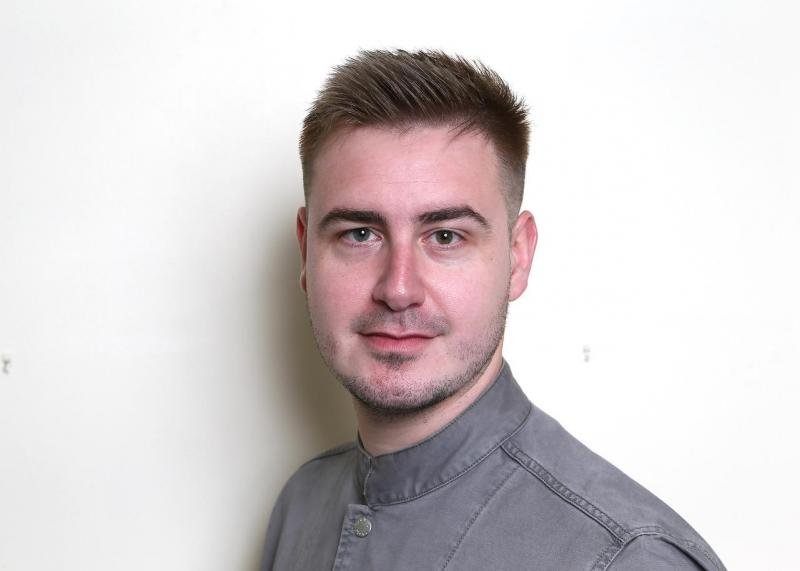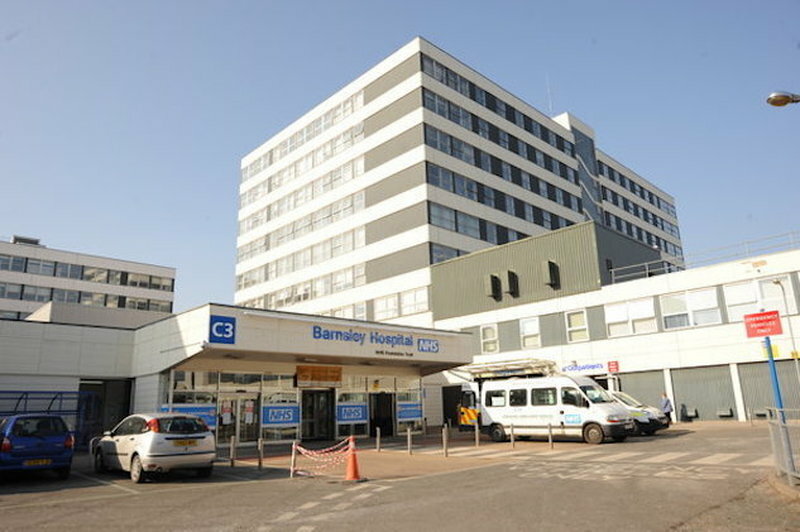MALE employees at Barnsley Hospital NHS Foundation Trust had an average hourly pay rate 36 per cent higher than female staff, according to data.
The figure - recorded in the 12-month period up to March 31 of last year - has decreased since the previous reporting period, which ended on the same date in 2020, when the average gap was 39 per cent.
An average gender ‘bonus’ pay gap of 70 per cent was also recorded by the trust - as 37 per cent of male staff were recorded to have received a bonus payment in the reporting period, compared to 14 per cent of female staff.
The figures were further broken down into the type of staff, with the average gender pay gap for medical and dental staff being 17 per cent and for other staff - which make up the larger workforce group - the gap is nine per cent.
The hospital have said the proportion of male and female staff should be taken into account when looking at their gender pay gap, along with the age range of the workforce.
Barnsley have a higher proportion of female staff in their workforce than male, and have said there is a ‘significant proportion’ of the male medical workforce who have now reached a more senior stage - which they say is reflected in the overall gender pay gap figures.
The trust have said they recognise this to be a ‘generational and societal’ issue.
A report said: “As a trust we are committed to supporting the career progression and ensuring equal opportunities for women and men within our workforce.
“Our talent management and leadership development programmes are designed to nurture our future leaders, regardless of their gender.
“We have a range of family friendly policies, supporting childcare, flexible working, fair rostering and leave provision.
“We have published a number of toolkits to help managers in applying these policies for our staff and have held a series of policy training sessions for managers.
“We intend to increase and showcase the flexible working arrangements in the trust to create a flexible working culture.
“Work has commenced to raise awareness and increase recognition of staff who are carers.
“We have reviewed our carers leave policy and provision, and plan to set up a peer support group for our working carers to identify and help address the issues they face, leading to improved engagement and retention.”
The hospital added how figures from this year show that an increasing number of women are choosing medicine as a career, and figures show there are there same percentage of female junior doctors as male.


























